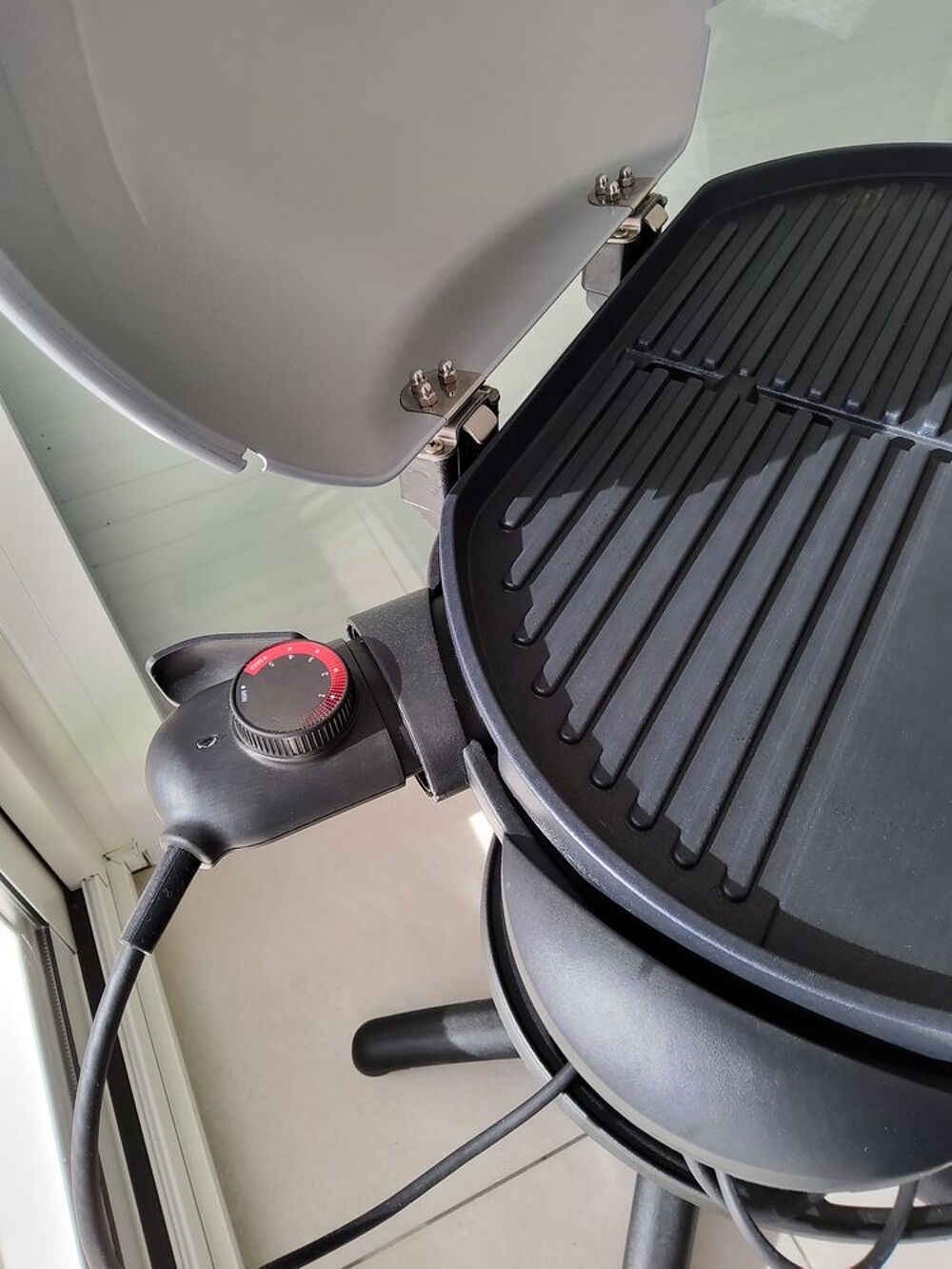
Soldes Senya Barbecue électrique sur pied et de table avec couvercle Barbecue Party 2023 au meilleur prix sur idealo.fr

Barbecue, plancha, machine à glaçons - Petit électroménager design et astucieux by SENYA | A Vos Assiettes

SENYA Plaque de cuisson - Barbecue électrique Barbecue Party - Achat / Vente Senya plaque de cuisson pou pas cher - Cdiscount

Senya Barbecue électrique 2 en 1 sur pied et sur table SYCK-G043 - Achat / Vente Senya Barbecue électrique 2 pas cher - Cdiscount

BARBECUE ÉLECTRIQUE SUR PIED SENYA SYCK-G061 neuf - Achat / Vente BARBECUE ÉLECTRIQUE SUR PIE pas cher - Cdiscount


















